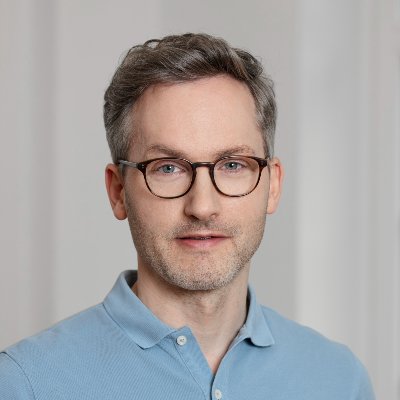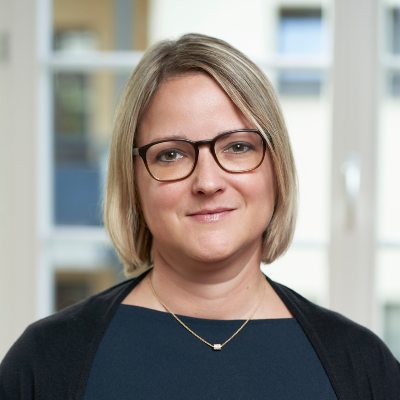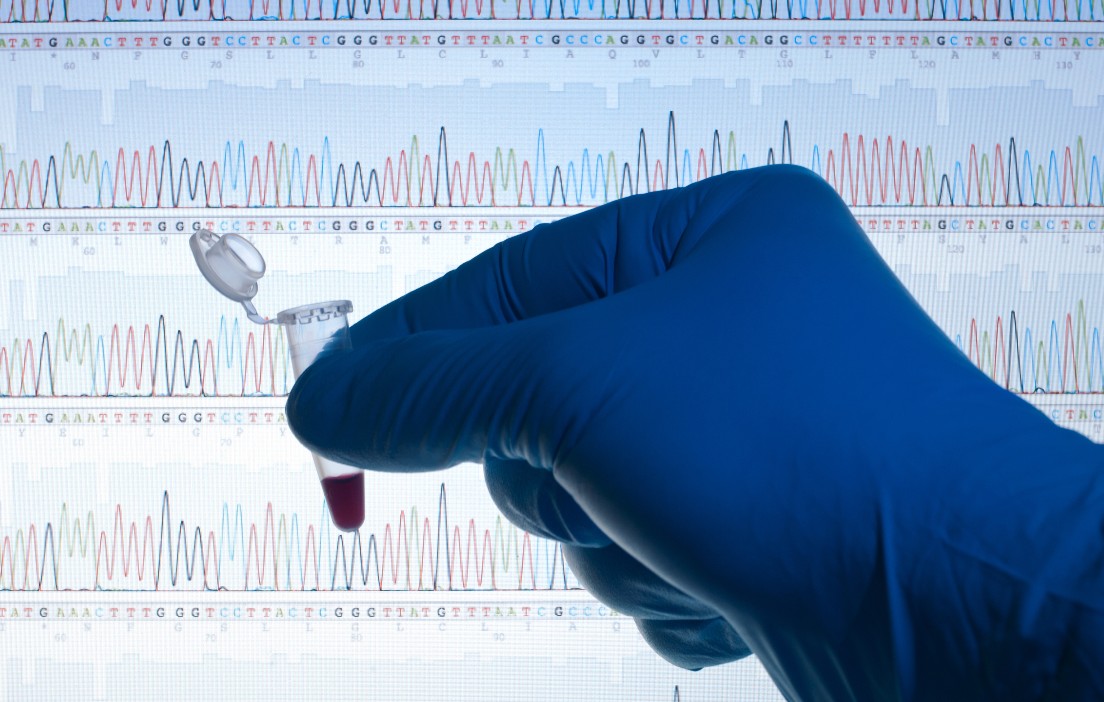
Mutation analysis
Every tumour shows a different constellation of genetic changes (mutations). The information about these mutations, which can be obtained through DNA sequencing, is playing an increasingly important role in both the diagnosis and treatment of cancers (prognostically and predictively for the treatment decision).
Two main sequencing methods are used: Sanger sequencing and next-generation sequencing (NGS).
Material
Histological slides/blocks, cytological preparations and fresh tissue can be used for both methods.
Next-generation sequencing (NGS)
Nowadays, it is possible to detect all relevant mutations within a short time through the parallel sequencing of several genes on the tumour DNA and RNA, using high-throughput sequencing (so-called next-generation sequencing, or NGS). In particular, NGS makes it possible to conduct targeted DNA- and RNA-based sequencing for the simultaneous detection of clinically relevant mutations, copy number variations and fusion transcripts. It can also be used for small biopsies with low tumour cell content. This method produces robust results in routine diagnostics and meets modern requirements for treatment stratification.
Sanger sequencing
Sanger sequencing is one of the classic methods of DNA sequencing that makes it possible to determine the base order of short sequences of a specific gene. In tumour diagnostics, DNA sequences of sick patients are compared with DNA sequences of healthy individuals to identify mutated DNA sequences in the tumour.
Information
Details zu den NGS-Panels (Pdf, 893Kb)
Auftragsformular Allgemein (Pdf, 207Kb)
Auftragsformular_Liquid Biopsy (Pdf, 120Kb)
Order by mail to molpath@medica.ch or by fax 044/269 99 35.
Your contact person
PD DrDavide Soldini, Head Pathology
Head Pathology, Head molecular pathology
Specialist in Pathology and Molecular Pathology FMH
DrSimone Brandt
Deputy Lead Molecular Pathology
Specialist in Pathology and Molecular Pathology FMH
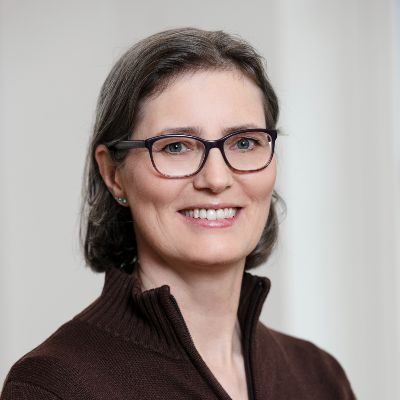
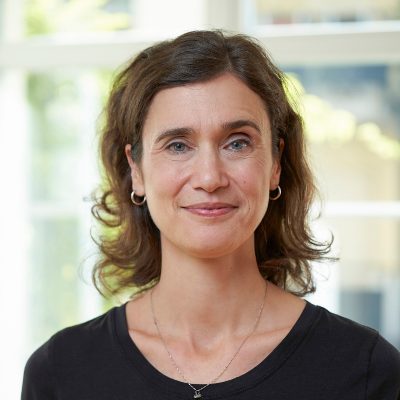
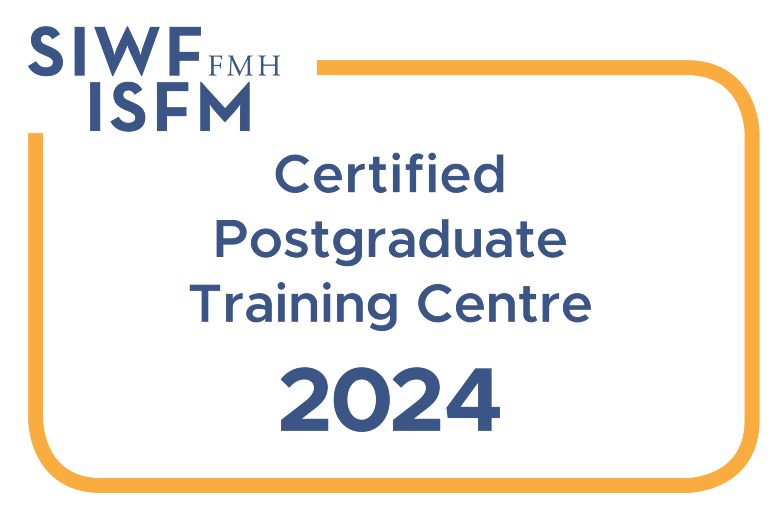
Our Molecular Pathology is an SIWF certified continuing education center.
